The affordable housing redevelopment of the 24-story Victor F. Lawson House continues construction work at 30 W Chicago Avenue in the Near North Side. This historic 1931 Art Deco tower was designed by Perkins, Chatten & Hammond, is having elements of its facade restored, including a full sweep of recently installed windows.
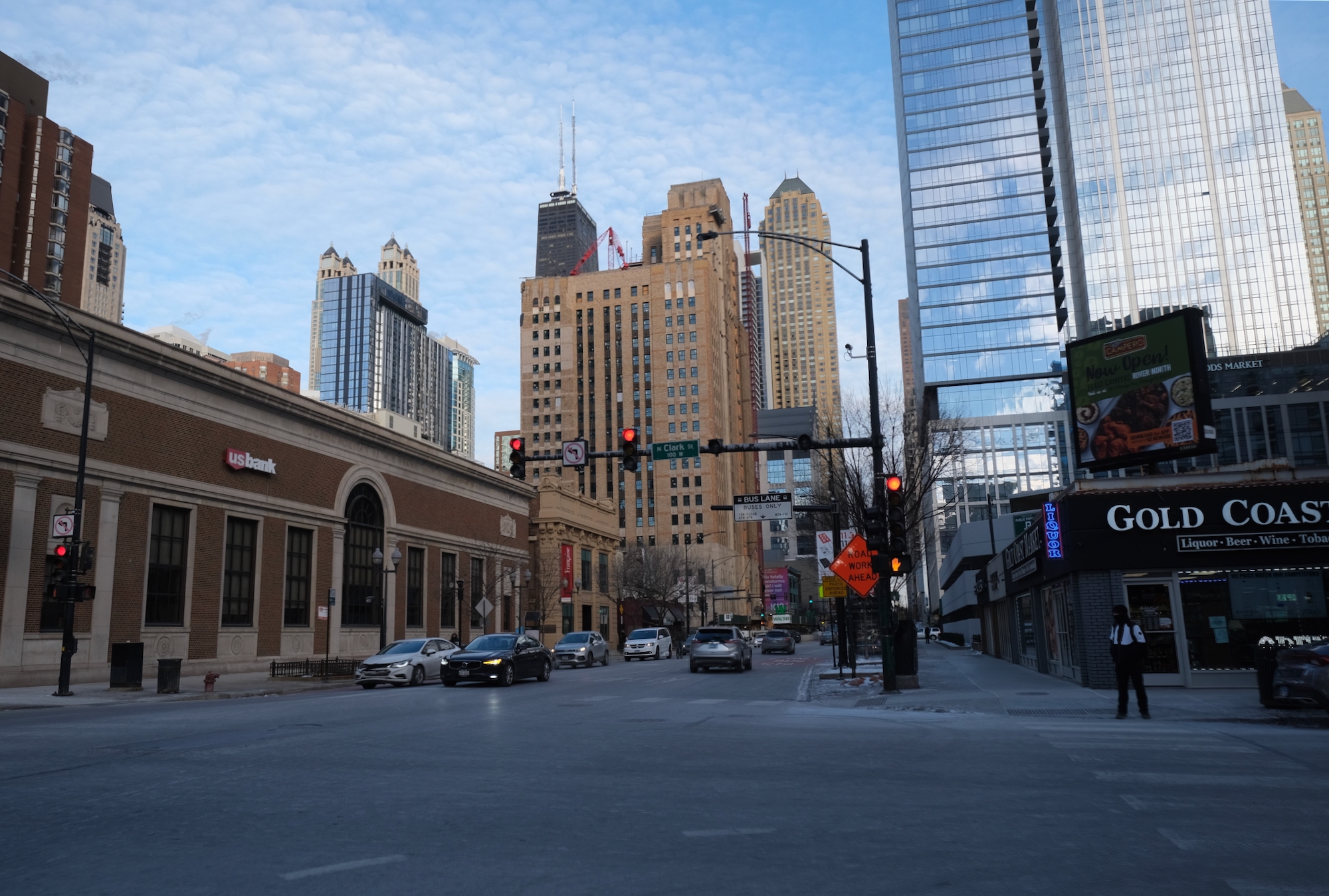
Lawson House Apartments. Photo by Jack Crawford
Holsten Real Estate is transforming the former YMCA into 408 affordable studio apartments, up from its original 538 single-room occupancy units. The developer has secured low-income housing tax credits and $12.4 million in historic preservation tax credits by committing to keeping the apartments affordable for at least 50 years. The $122 million project is being financed by a $17.6 million loan from the city, $79.4 million from Chase Bank, and $17.2 million from the Illinois Housing Development Authority.
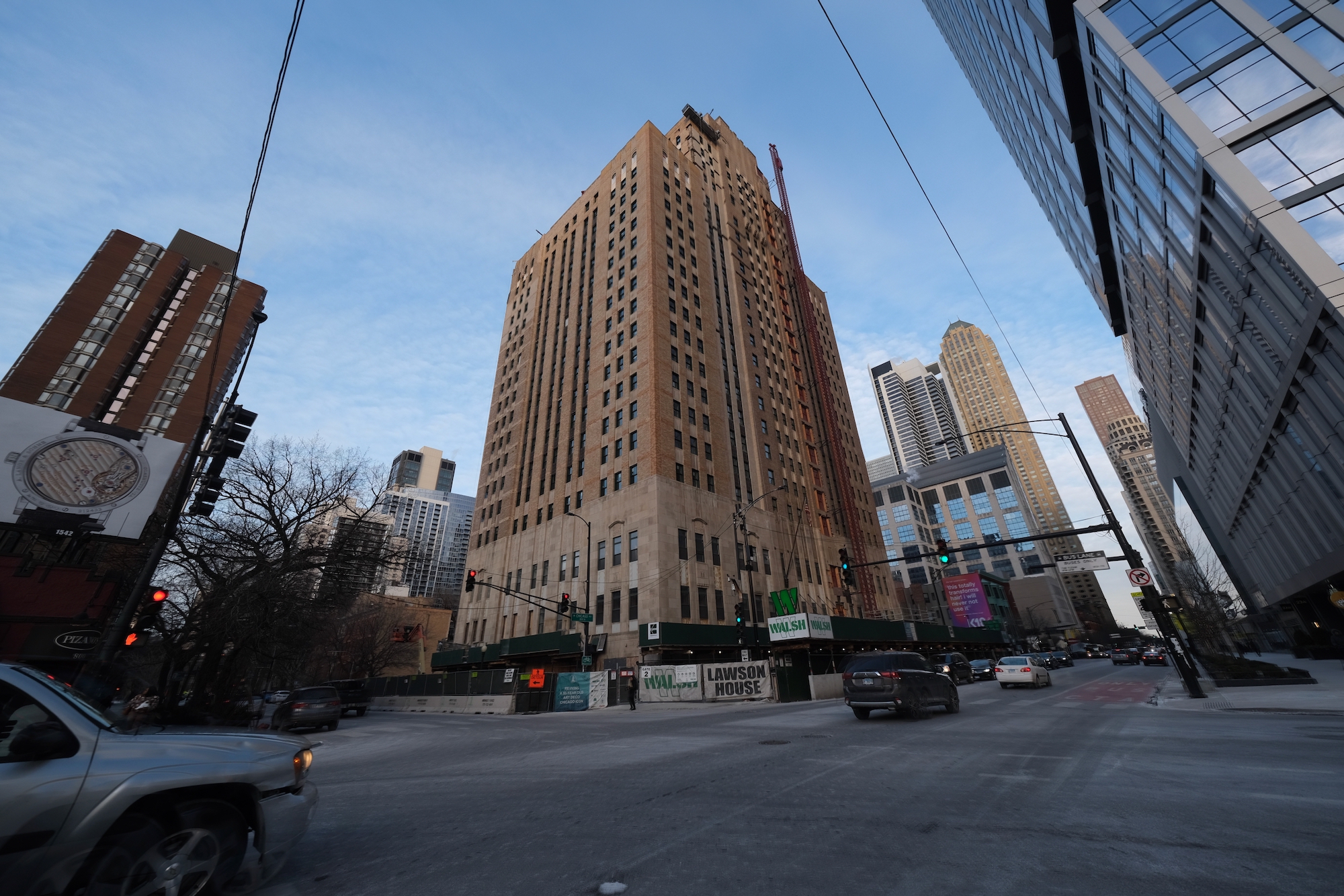
Lawson House Apartments. Photo by Jack Crawford
The renovation will feature private kitchens and baths, HVAC upgrades, and in-unit air conditioning. The old gymnasium will be replaced by a fitness center, the main entrance relocated from Chicago Avenue to Dearborn Street, and the ground floor will have retail and social service spaces. Farr Associates is overseeing the architectural aspect of these renovations.
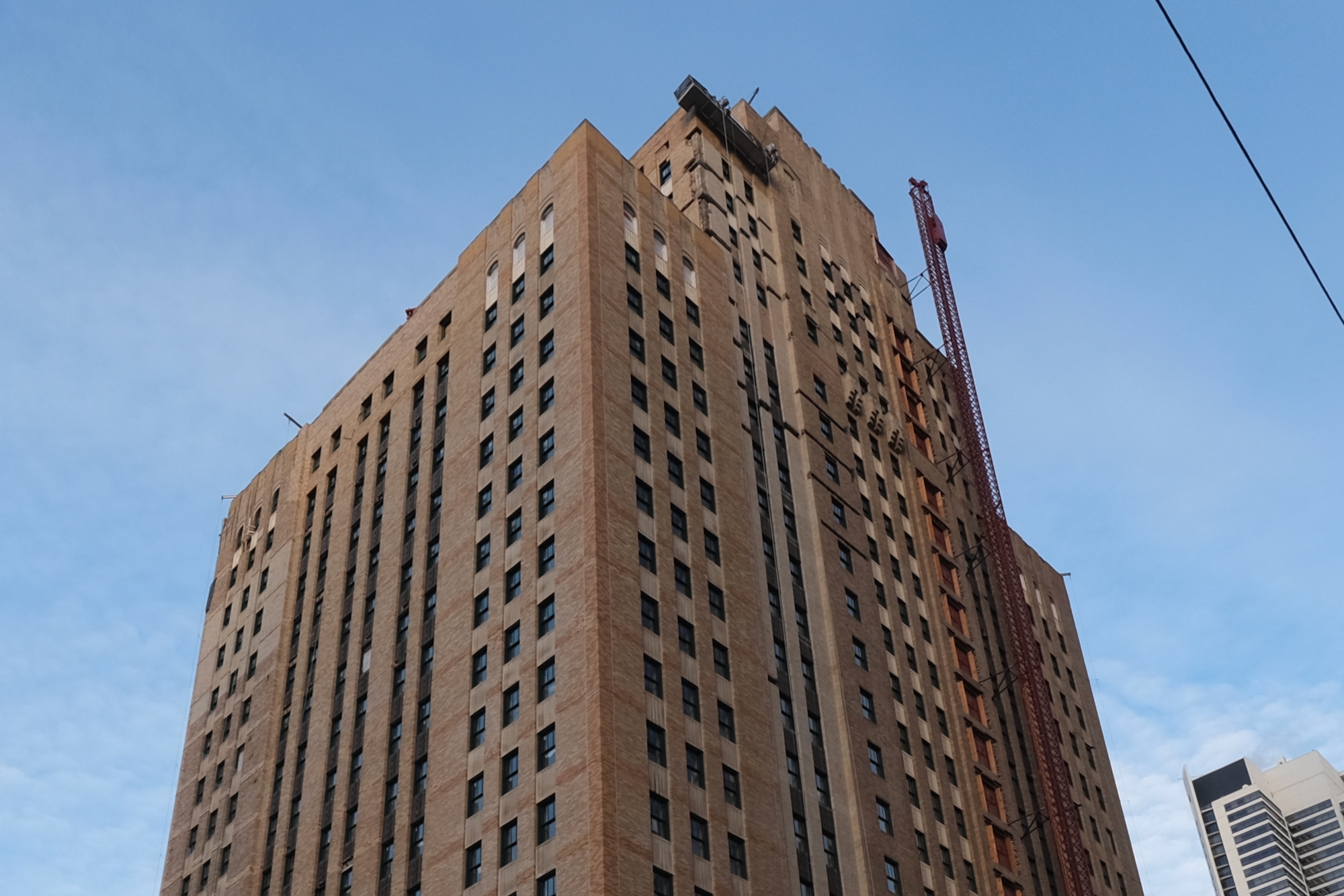
Lawson House Apartments. Photo by Jack Crawford
Public transit options nearby include several bus stops and the CTA Red Line at the Chicago station, as well as nearby Divvy stations and bike lanes.
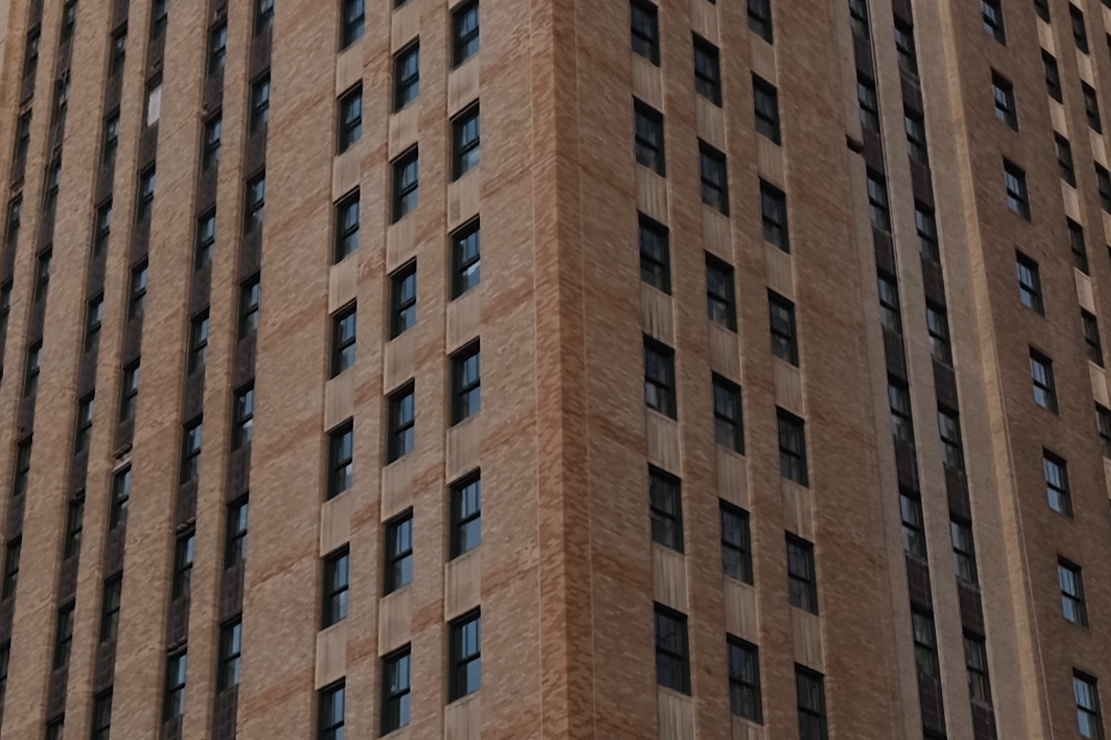
Lawson House Apartments. Photo by Jack Crawford
Walsh Construction is leading the 30-month construction period, with an estimated completion in 2024. Current tenants have the option to relocate temporarily or permanently during construction, and past SRO tenants will receive priority once the project is completed.
Subscribe to YIMBY’s daily e-mail
Follow YIMBYgram for real-time photo updates
Like YIMBY on Facebook
Follow YIMBY’s Twitter for the latest in YIMBYnews

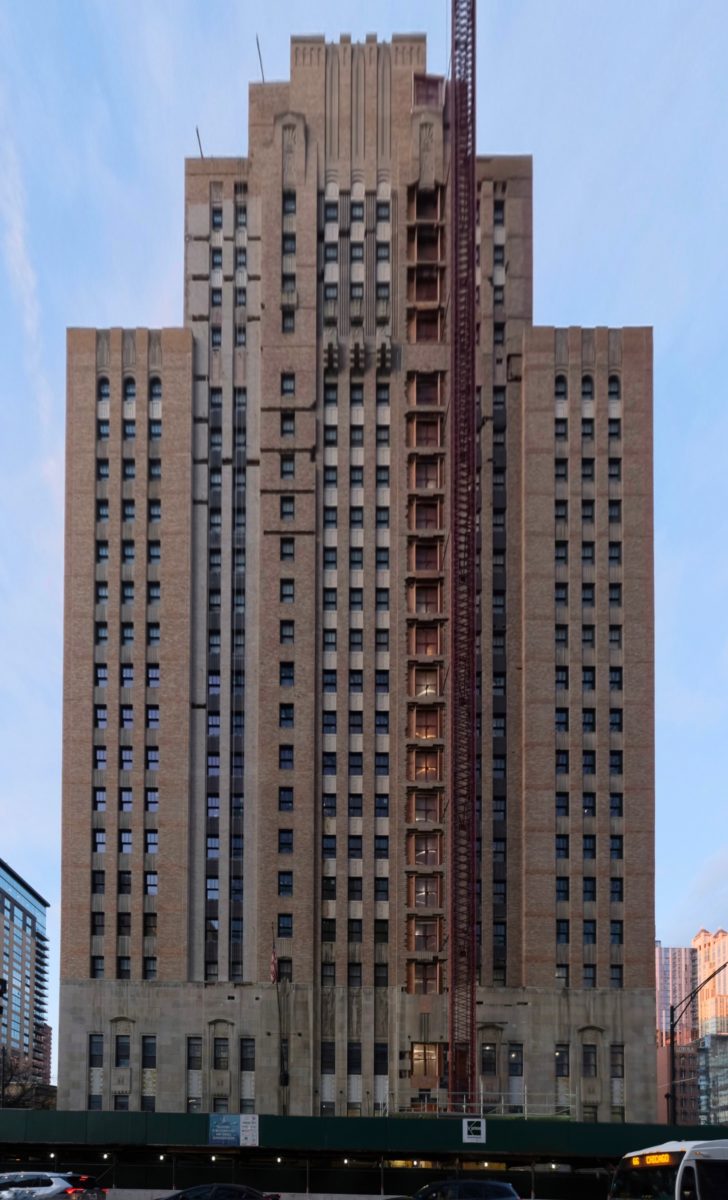
408 kitchens , ridiculous. 408 showers , ridiculous.
The old Y is ideal for co-living.
Co-living arrangements generally have individual kitchens. Co-living arrangements DEFINITELY have individual bathrooms. Boarding houses in the 40’s might have had a shared bathroom, and prisons have communal showers now, but co-housing is supposed to be an attractive choice for people who don’t want to have to take care of an entire house/condo/apartment.
Does anyone know who owns the parking lot surrounding the building and if there’s ever been any plans for development? I’m surprised it hasn’t happened already.
the parking lot is owned by Loyola. maybe they can develop it into some student housing?
I do think it’s an unfortunate loss that we’re in effect, losing affordable units. SROs serve an important role and, with our current affordability and homelessness problems, I’m not sure I’m celebrating a net reduction in units. We’ve seen several SRO to affordable conversions recently. Surely, they’re higher quality units and that’s certainly a benefit for residents who get to live there. But we’re not building units fast enough, so I am concerned that the reduction in unit count is actually harming people in the long run.
Absolutely insane that the city is subsidizing conversion of SRO housing for the city’s poorest and therefore most vulnerable citizens into something nicer. 130 low-cost apartments are being renovated out of existence with public funds. Insane. They’re doing the same thing up on Clark and Diversy – city loans to reduce the number of units in a former SRO building.
(And I’m remembering this building went through a huge – doubtless subsidized – renovation back in the mid- to late-’90s if memory serves. Did it really run down that fast?)
Someone at the city needs to answer this question: why are city affordable housing funds being used to reduce housing opportunities for the poor?